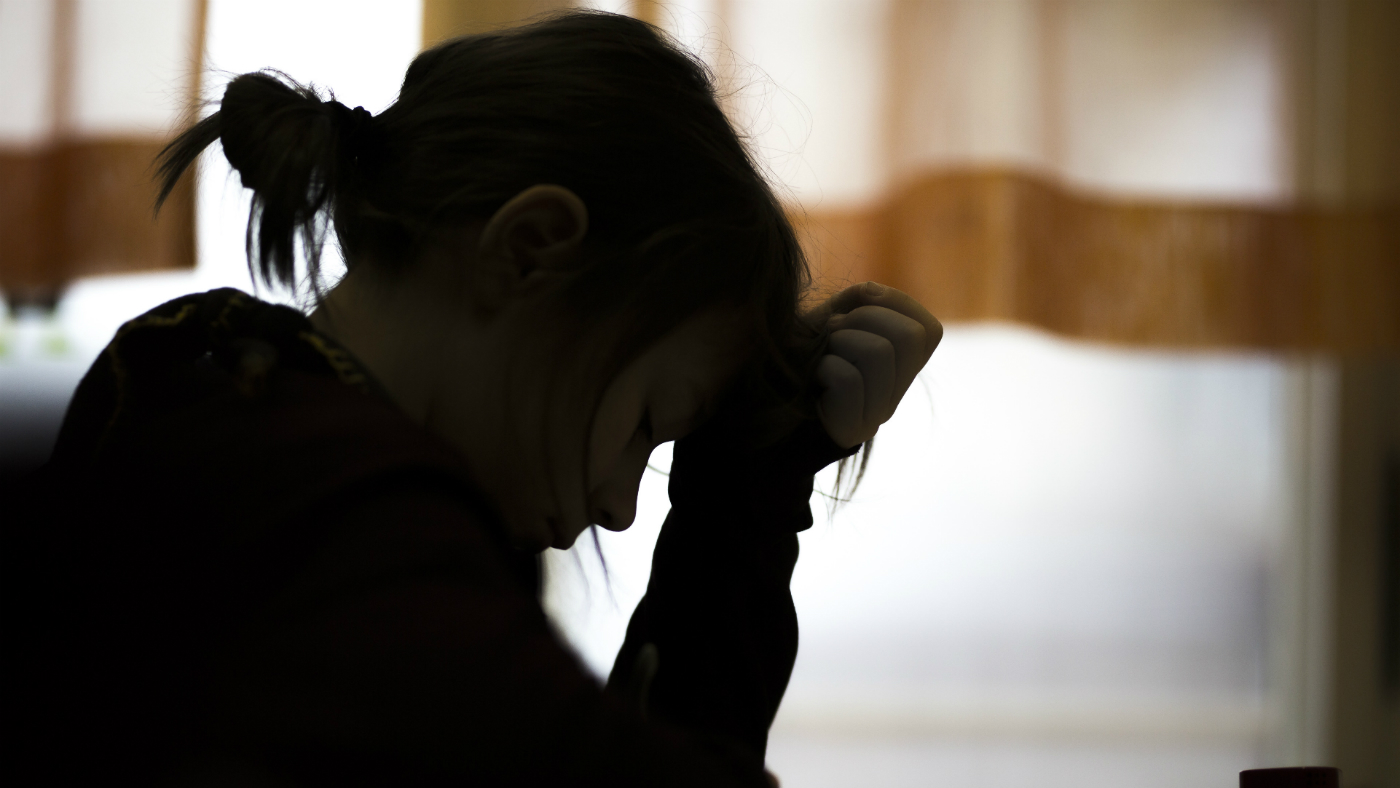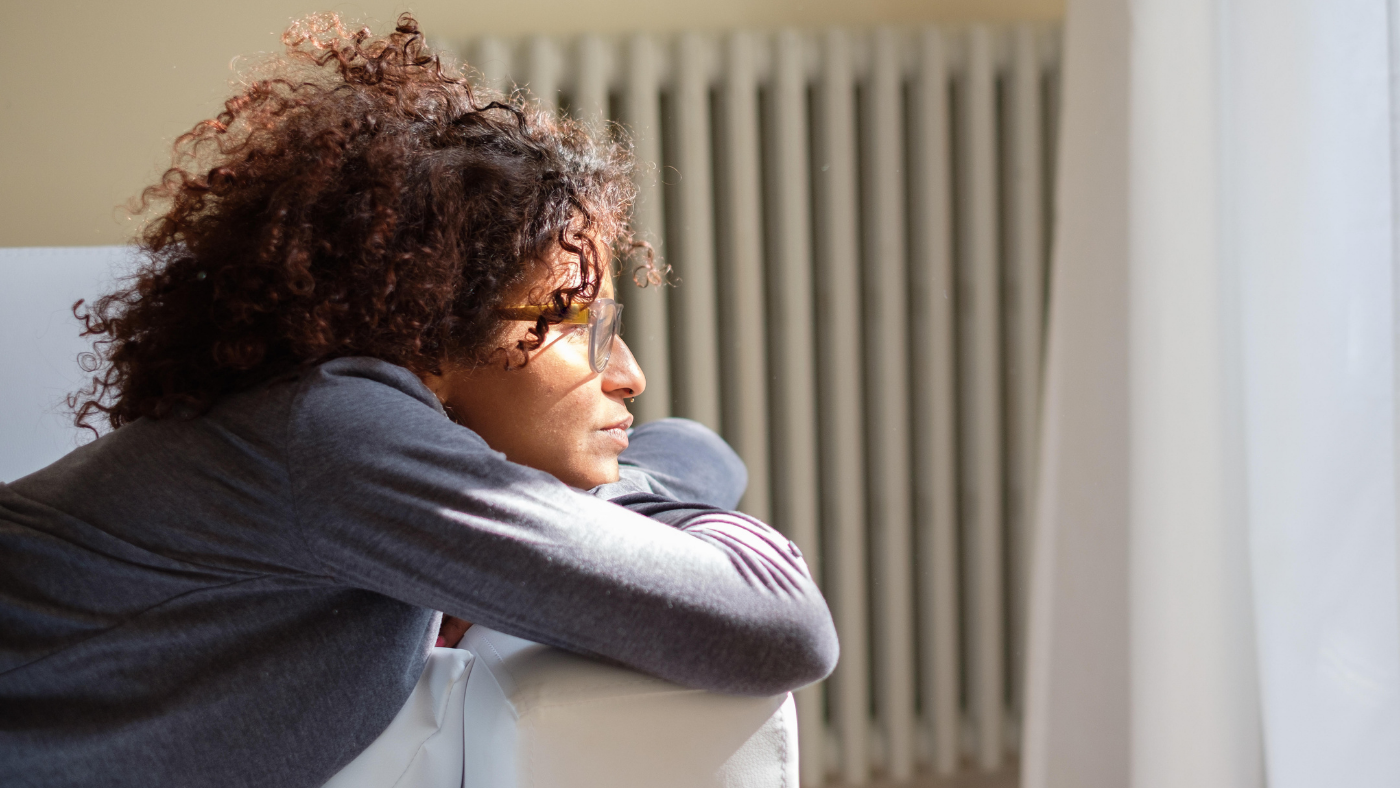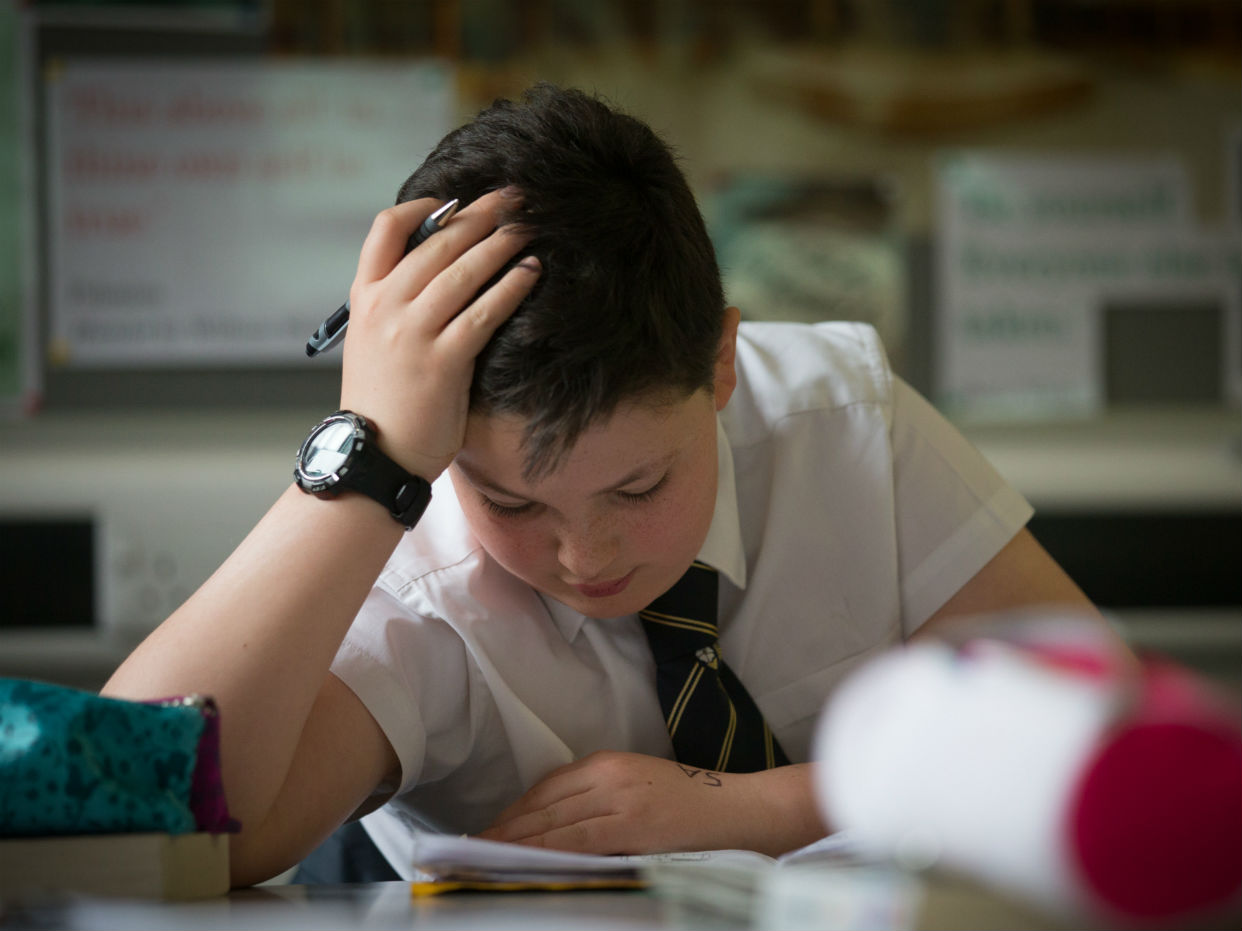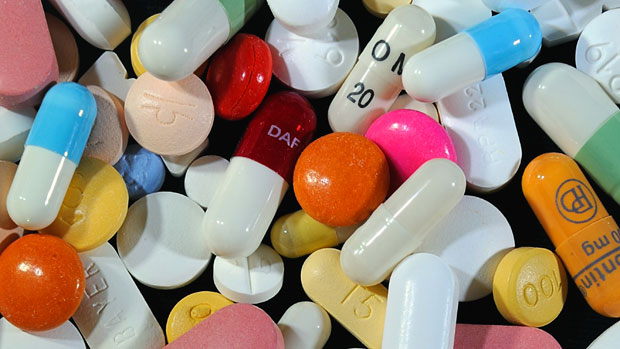Blue Monday: is today really the most depressing day of the year?
Popular belief identifies third Monday in January as the saddest date on the calendar

A free daily email with the biggest news stories of the day – and the best features from TheWeek.com
You are now subscribed
Your newsletter sign-up was successful
Today is Blue Monday, the unofficial name for what is thought to be the most depressing day of the year.
According to The Telegraph, around one in five Brits shows symptoms of depression at any one time, and prescriptions for antidepressants reached an all-time high in 2018.
The term Blue Monday was reportedly coined by Sky Travel marketers in 2005 off the back of research by Dr Cliff Arnall, who calculated that the third Monday in January was the most depressing of the year.
The Week
Escape your echo chamber. Get the facts behind the news, plus analysis from multiple perspectives.

Sign up for The Week's Free Newsletters
From our morning news briefing to a weekly Good News Newsletter, get the best of The Week delivered directly to your inbox.
From our morning news briefing to a weekly Good News Newsletter, get the best of The Week delivered directly to your inbox.
But some mental health experts have dismissed it as an advertising slogan, saying it trivialises depression.
What is Blue Monday?
Blue Monday falls on the third Monday in January when you are apparently most likely to find yourself cold, poor, miserable and fantasising longingly about a week in the sun.
According to pop psychology, a combination of factors, including plunging thermometers, debt, post-Christmas blues and the likely failure of your New Year's resolutions, make Blue Monday the perfect storm for feelings of gloom and doom. Those paid before Christmas Day in December are also forced to wait even longer for their next pay day.
A free daily email with the biggest news stories of the day – and the best features from TheWeek.com
Where does the expression come from?
The phrase Blue Monday has been bandied around so much in the media that it could be assumed to have some academic root. However, it was actually coined in 2005, as part of an ad campaign for Sky Travel.
The channel claimed experts had devised a formula to scientifically calculate the most depressing day of the year. Since then, other brands have leapt on the bandwagon to promote everything from soft drinks to new clothes as an antidote.
Is there any truth to it?
In a word, no. Despite endless newspaper articles suggesting ways you might “beat the blues” on the “most depressing day of the year”, there is no basis in psychology for feeling particularly blue today.
Even Cliff Arnall, the “freelance happiness guru” who devised the formula for Sky Travel’s original 2005 promotion, says that “Blue Monday” should be taken with a heaped tablespoon of salt.
“There were these factors that pointed to the third Monday in January as being particularly depressing,” he explained in 2010. “But it is not particularly helpful to put that out there and say ‘there you are’. It is almost a self-fulfilling prophecy.”
However, the wider phenomenon of the “January Blues” does have some logical basis.
Professor Ed Watkins, of the University of Exeter’s Mood Disorders Centre, explains that cultural expectations of festive fun and New Year’s self-improvement can both bring feelings of inadequacy. “For people who are isolated or finding these activities difficult for whatever reason, this stark contrast can make them feel inadequate and blue,” he says.
“Add to that wind, rain and cold weather, Christmas debts and failed New Year’s resolutions, and it's no surprise people can find themselves feeling miserable and low at this time of year.”
Becoming more physically and mentally active, and avoiding negative thinking patterns, can all help shake off the feeling.
Although there is little scientific backing for the existence of “Blue Monday”, it has proven a valuable yearly opportunity to open a conversation about mental health.
“Depression doesn’t care what day it is,” mental health charity Mind tweeted this morning, with a link to its resources for those struggling with a low mood.
While another charity, the Mental Health Foundation, used Blue Monday as a launchpad to encourage “random acts of kindness” that could improve the recipient’s wellbeing, such as calling a friend or leaving them a surprise note.
-
 Companies are increasingly AI washing
Companies are increasingly AI washingThe explainer Imaginary technology is taking jobs
-
 The 9 best steroid-free players who should be in the Baseball Hall of Fame
The 9 best steroid-free players who should be in the Baseball Hall of Famein depth These athletes’ exploits were both real and spectacular
-
 ‘Bad Bunny’s music feels inclusive and exclusive at the same time’
‘Bad Bunny’s music feels inclusive and exclusive at the same time’Instant Opinion Opinion, comment and editorials of the day
-
 Depression: chemical imbalance theory ‘not grounded in science’
Depression: chemical imbalance theory ‘not grounded in science’Speed Read Scientific review questions long-assumed link between serotonin and low mood
-
 ‘Let’s kick Blue Monday to the kerb in 2022’
‘Let’s kick Blue Monday to the kerb in 2022’Instant Opinion Your digest of analysis from the British and international press
-
 Body clock disruption linked to depression
Body clock disruption linked to depressionSpeed Read New study finds irregular circadian rhythms may lead to mood disorders
-
 Record number of UK children reporting suicidal thoughts
Record number of UK children reporting suicidal thoughtsSpeed Read Report shows NSPCC provided 62 counselling sessions a day for desperate kids and teenagers last year
-
 What are the signs of depression and can it be treated?
What are the signs of depression and can it be treated?In Depth Stigmas around mental health are changing, but talking about it can still be taboo
-
 AI teenage schoolgirl slips into deep depression
AI teenage schoolgirl slips into deep depressionSpeed Read Japanese engineers work to help suicidal bot blogger - and other tall tales
-
 Antidepressants 'can raise risk of suicide in under-18s'
Antidepressants 'can raise risk of suicide in under-18s'Speed Read Drugs firms accused of failing to report side effects, and even deaths, related to medication